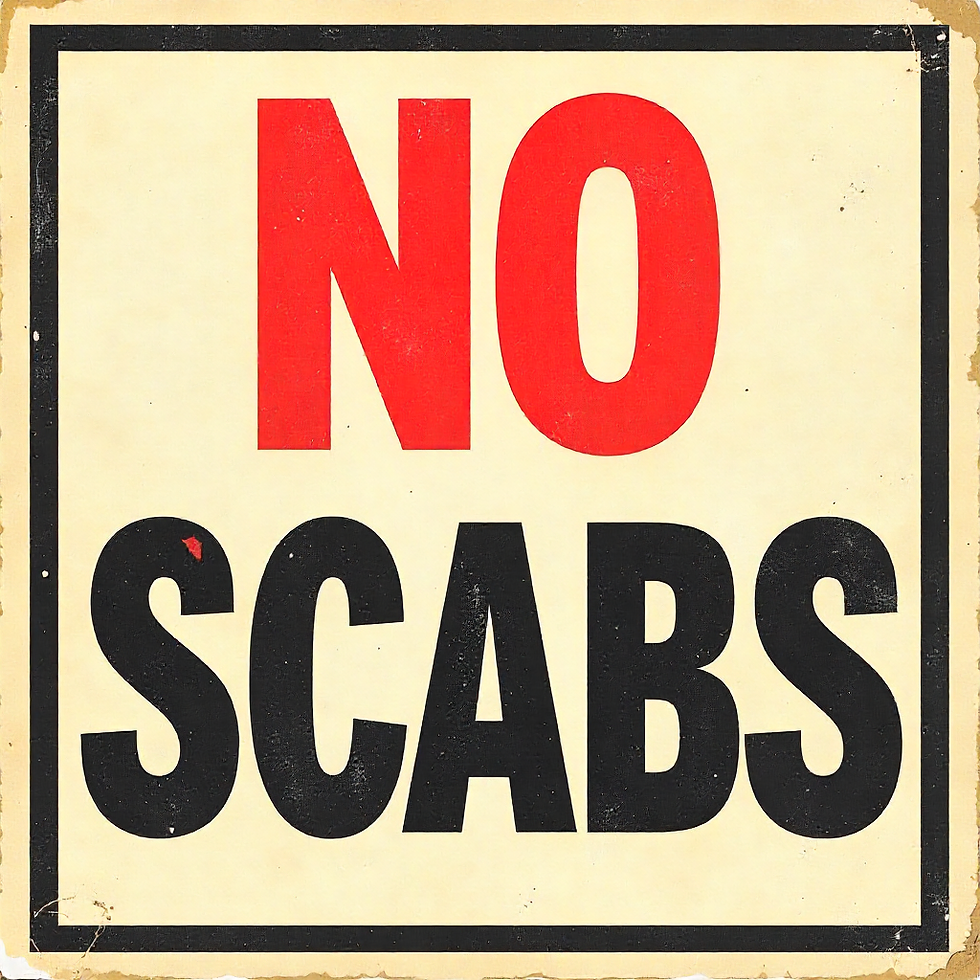RECAP: What’s Happening with the CUPE Strike?
- lelsutoronto
- Nov 23, 2022
- 2 min read

On October 31, 2022, the Ford government celebrated Halloween by spooking unions everywhere with the introduction of Bill 28, or the Keeping Students in Class Act. The legislation imposed new central terms for the collective agreement between the Council of Trustees’ Association (CTA) and the Canadian Union of Public Employees (CUPE). While CUPE represents thousands of members across many industries, the Bill specifically targeted education workers — namely, educational assistants, early childhood educators, and school custodians. Significantly, the Bill prohibited CUPE members from striking. Individuals who violated this prohibition would be subject to fines of up to $4,000.
Any court would very likely find such a provision to be a violation of the Canadian Charter of Rights and Freedoms – most notably, the right to freedom of association pursuant to section 2(d) of the Charter. However, the provincial government insulated itself from a Charter challenge by invoking section 33(1) of the Charter. This section, known as the Notwithstanding Clause, allows governments to declare that any piece of legislation will operate notwithstanding a provision of the Charter. The use of the Notwithstanding Clause to preemptively prohibit strikes has been described as an unprecedented attack on workers’ rights.
Any Canadian constitutional law student may have heard that the drafters of the Charter likely intended the Notwithstanding Clause to be used after a court has declared a piece of legislation to be unconstitutional and the legislature has engaged in good faith dialogue as to whether that declaration is worth overriding. In other words, the Notwithstanding Clause was intended to give democratically elected leaders the final say after careful and measured consideration. Needless to say, the Ford government’s use of the Notwithstanding Clause did not live up to this imagined scenario, and has provoked national outcry and prompted solidarity amongst unions across the province.
On November 7, CUPE members walked off the job under the threat of heavy fines, pushing many school boards back to online learning for two days. The Ford government responded by offering to withdraw Bill 28 if these members returned to work. Consequently the Keeping Students in Class Repeal Act was passed and received royal assent on November 14.
Since then, negotiations between the province and CUPE have resumed. CUPE has threatened to resume their strike if an agreement is not reached by Monday, November 21. Most school boards plan to return to online learning if this occurs. CUPE has stated that wages are no longer the key issue, but rather the union is demanding better staffing in the schools. Approximately 55,000 education workers will walk off the job if an agreement is not reached before this time.
UPDATE: Since this article was first authored, CUPE and the government have reached a tentative deal which will avert a strike. The deal is said to fall short of the union’s demand for better staffing in schools. Nonetheless, the deal will be taken to the 55,000 affected workers to vote on ratification. Despite its shortcomings, representatives for the union have said that they will recommend their members accept it.
-AG




Comments